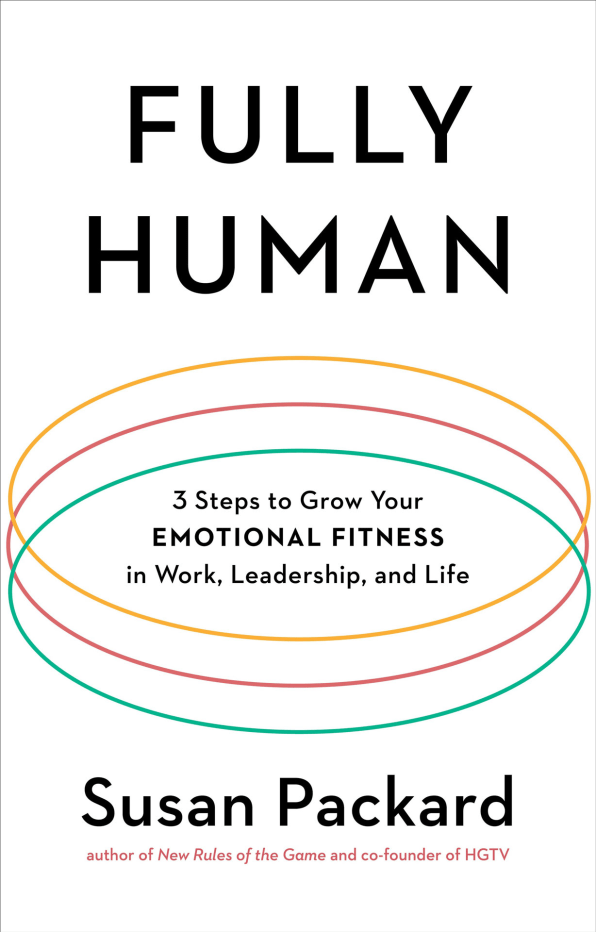#CareerAdvice :#CareerAdvancement -Four Things To Do This Summer To Advance #YourCareer .
Summer is the perfect time to focus some attention on your career success. Why? Because work inevitably slows down a little then; people take vacation and leave early on Fridays. In most industries, it’s a time for relieving some of the pressure.
You too need to use your vacation time to recharge and get some perspective, so don’t miss the beach and backyard barbecues. But while you’re at it, make time for some career-focused action that will give your personal brand a boost when the workplace is back to its bustling buzz in the fall.
Here are four things that will help you and your brand blast into September.
1. Prepare For Your Annual Review
For most companies, the (often dreaded) annual review process happens some time in the last four months of the calendar year. Don’t wait for the email from your boss scheduling your review meeting. Prepare now so you can ace it. Here’s how:
- Do an inventory of your wins to date. Think back over the first half of the year and document your biggest contributions. Focus on the ones that are really important to your manager and help you showcase the value you deliver to the team and company. Document them using this formula: C-A-R.
- C is for challenge. Describe the challenge you sought the resolve.
- A is for action. Describe what you did to solve the problem or meet/exceed the need.
- R is for result. Record the specific, measurable results of your action. How can you measure the value of your contribution? If you can quantify it, all the better.
Get input and feedback from others to help you make your case. Collect your fan mail and accolades, especially from senior leaders or people respected in your field.
Think about what you would like for the coming year. More responsibility? A leadership role? An international assignment? Put together the pitch that will convince your boss to help you make it happen.
Like this Article ? Share It !You now can easily enjoy/follow/share Today our Award Winning Articles/Blogs with Now Over 2.5 Million Growing Participates Worldwide In in our various Social Media formats below:
FSC LinkedIn Network: www.linkedin.com/in/fscnetwork
Facebook: http://www.facebook.com/pages/First-Sun-Consulting-LLC-Outplacement-Services/213542315355343?sk=wall
Google+: https://plus.google.com/115673713231115398101/posts?hl=en
Twitter: Follow us @ firstsunllc
Question: Want the ‘the best/current articles/blogs on the web’ on Job Search, Resume, Advancing/Changing your Career, or simply Managing People?
Answer: Simply go to our FSC Career Blog below & type(#career, #leadership, #life) in Blog Search: https://www.firstsun.com/fsc-career-blog/
What Skill Sets do You have to be ‘Sharpened’ ?
Continue of article:
2. Mentor, Lead And Support The Intern
If you want to demonstrate that you’re leadership material, take on the role (official or not) of managing the summer intern(s). You’ll feel great about helping a junior-level colleague build skills that will be helpful to their career success. In many companies, the intern is not given a lot of direction, support, feedback or mentoring. That creates an opportunity for you to become known as someone who leads the way.
3. Put Your Q4 Social Media Calendar Together
You know how you always say, “I wish I could be more regular with my social media. If only I had more time.” Well, with the summer here, you have a little more time. But instead of just upping your social media contributions in the summer, prepare a plan for the fall that will ensure that you’ll be visible, valuable and available to the people you seek to influence. Then:
- Identify the most important social media platform for increasing your visibility with stakeholders.
- Determine what you’d like to say. What’s your message and point of view and how can you best express it?
- Create evergreen content for the platform you selected. If you chose LinkedIn, for example, write articles for your LinkedIn Blog. Commit to writing four so you can publish one each month—September through December. They need not be long, just make sure they deliver value to the community you seek to influence.
4. Update Your Digital Brand
Egosurf. That’s what it’s called when you google yourself. Then check out what shows up on page 1. Ask yourself what people would think about you if they hadn’t met you and were just forming a first impression of you from your Google results. Then determine what changes you’d like to make to align that first impression with your real-world personal brand.
Pay close attention to your LinkedIn profile. It will likely show up toward the top of your page-one results. If your headshot is out-of-date, update it. If your About section is missing some of your latest wins, edit it. Make sure that your LinkedIn profile conveys your authentic credibility and likability, and make sure the answer to this questions is yes: Would someone want to get to know me after reading my LinkedIn profile?
How’s that for a list of Summer Camp activities? When you complete it, you’ll feel accomplished, and you and your personal brand will be prepared to make the final quarter fruitful.
Author: William Arruda is the cofounder of CareerBlast and creator of the complete LinkedIn quiz that helps you evaluate your LinkedIn profile and networking strategy.
Forbes.com | July 18, 2019









